AITA for pretending to be an "Appletarian" (eating only apple derived foods/drinks) for 3 weeks as a prank, causing my friends to have an intervention for me?
In a world where friendship often dances on the edge of trust and humor, one person dared to blur the lines with a playful deception.
What began as a simple prank—claiming to be an "Appletarian," a devotee to apples alone—quickly spiraled into a test of belief, patience, and the bonds that hold friends together.
The relentless commitment to this fruity facade stirred emotions, shifting laughter to frustration, and curiosity to concern. As days turned into a week, the joke transformed into a poignant experiment in human nature.
Friends grappled with disbelief and growing worry, their reactions a raw testament to how deeply we care when something seems amiss.
It was more than just apples on a plate; it was a mirror reflecting trust, skepticism, and the messy beauty of connection.

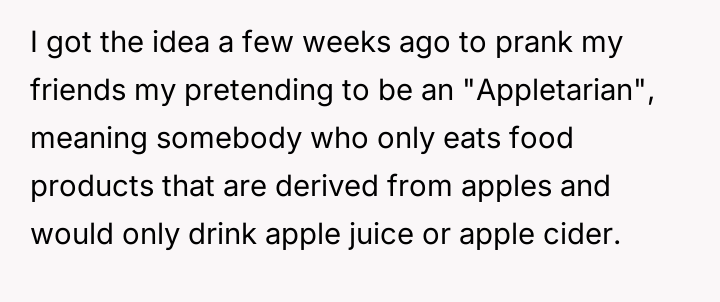
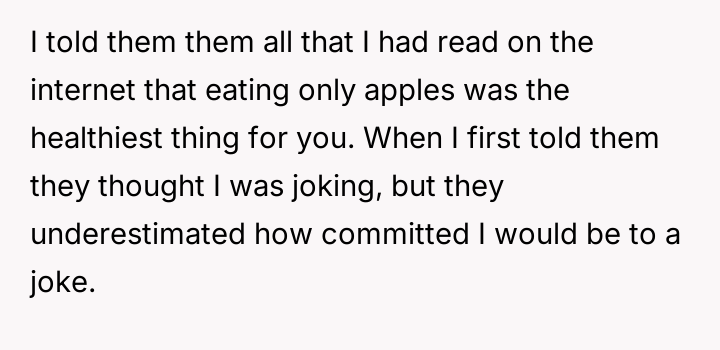
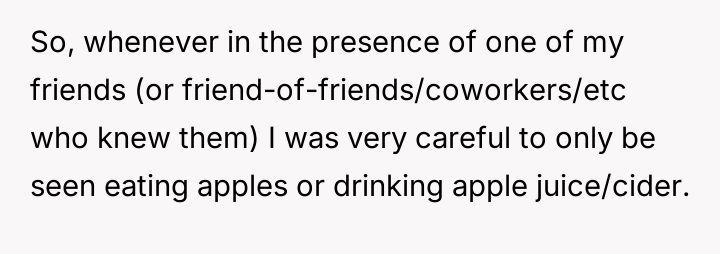

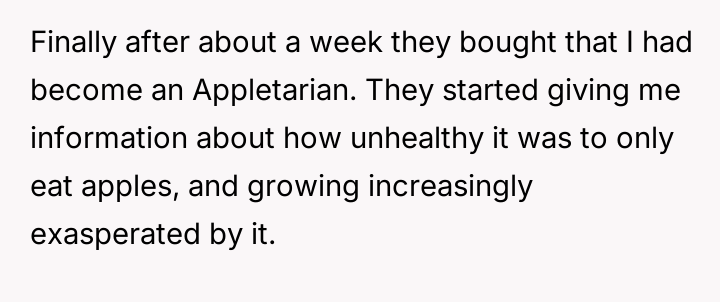

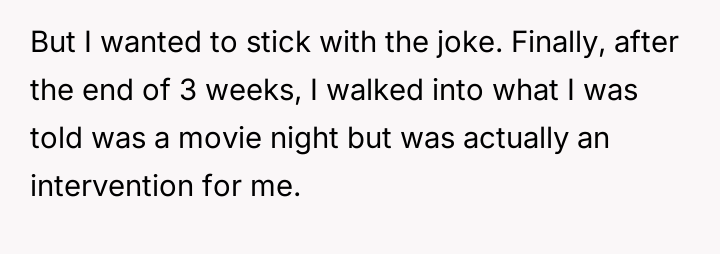
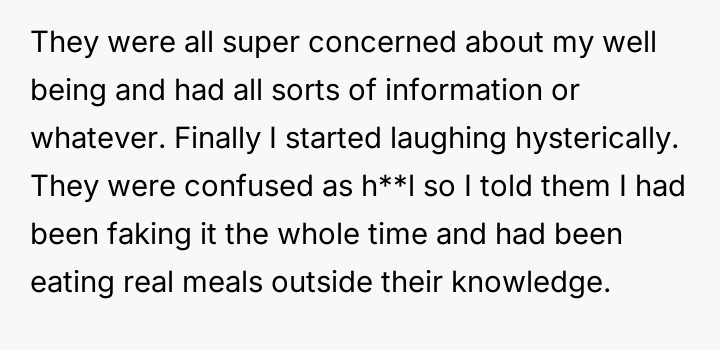




Subscribe to Our Newsletter
No spam, unsubscribe anytime. Privacy Policy
Strong Takes and Sharper Words from the Crowd:
The internet jumped in fast, delivering everything from kind advice to cold truth. It’s a mix of empathy, outrage, and no-nonsense takes.

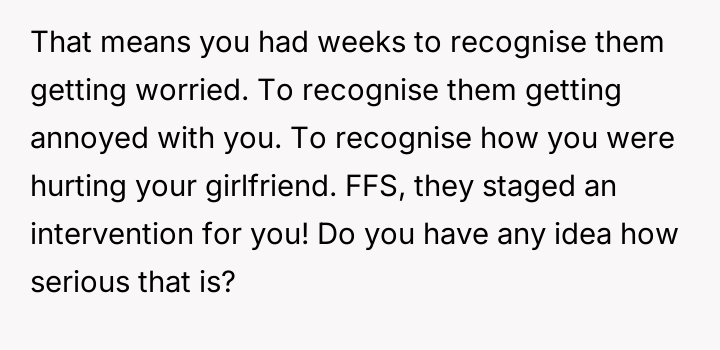
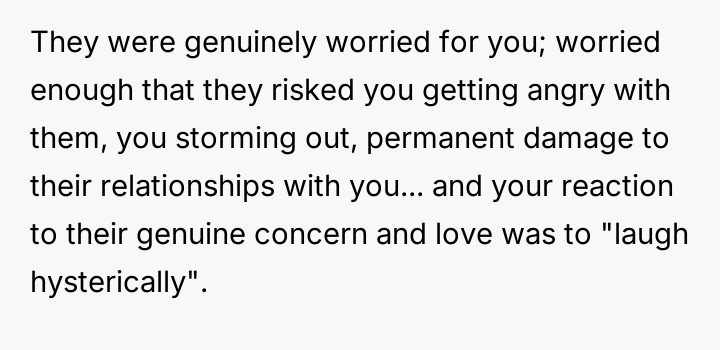
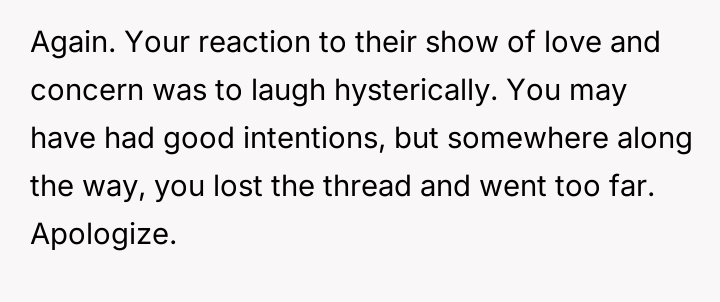
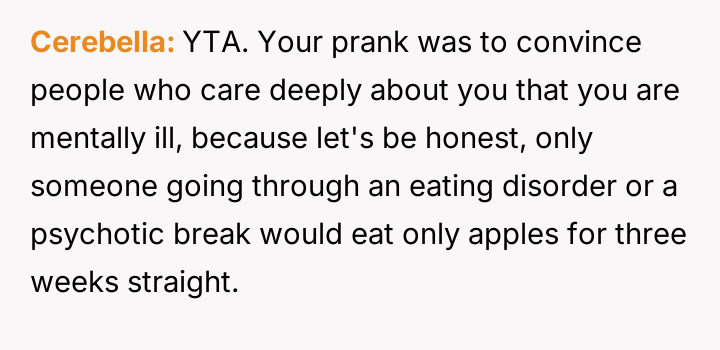

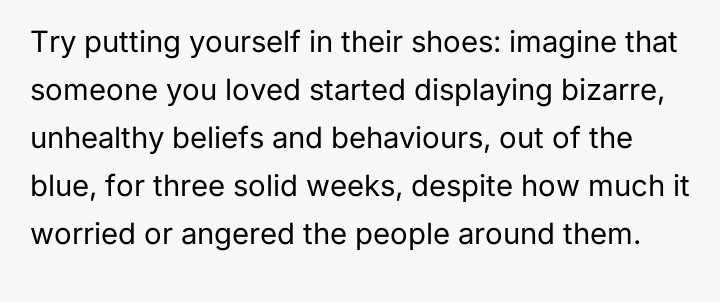
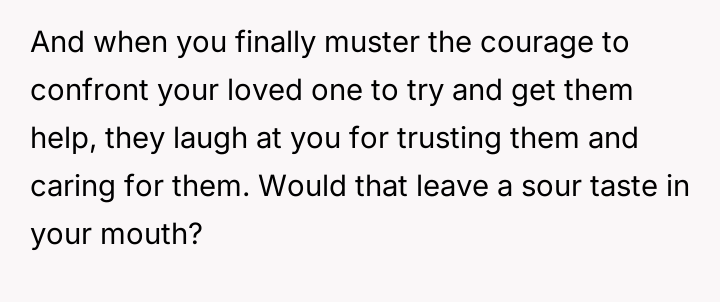



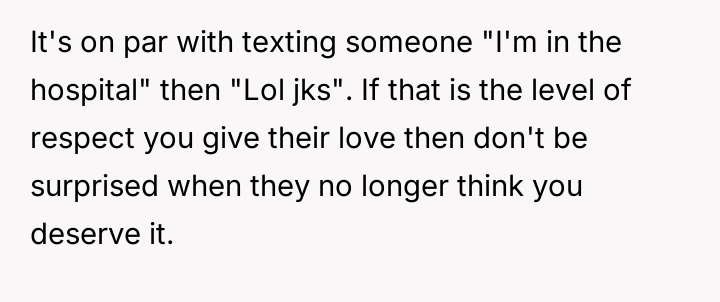



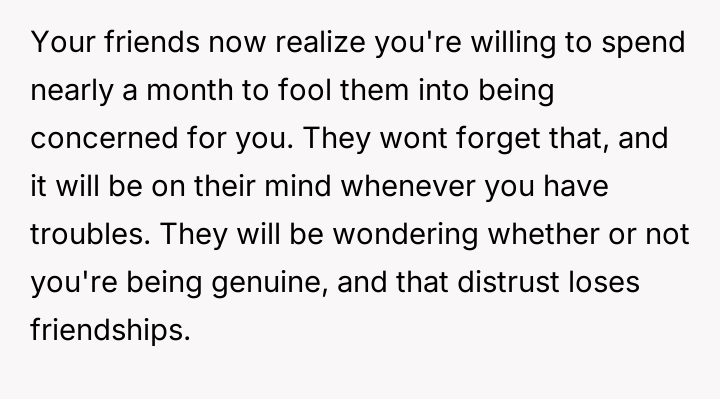


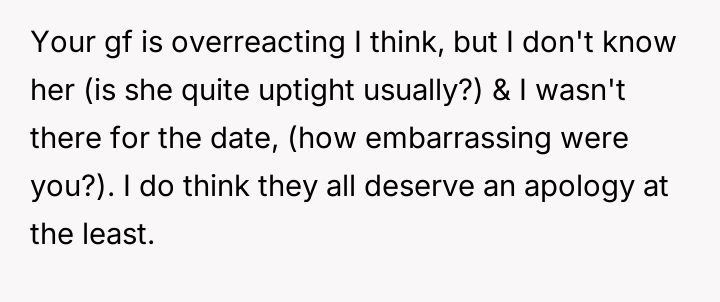

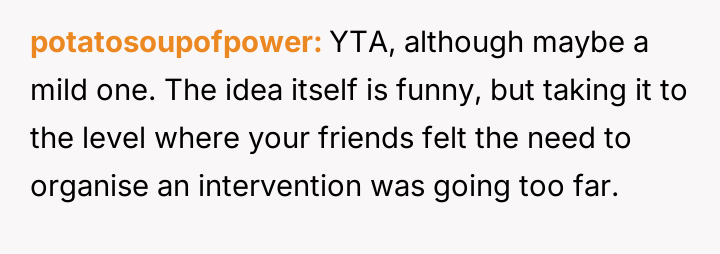
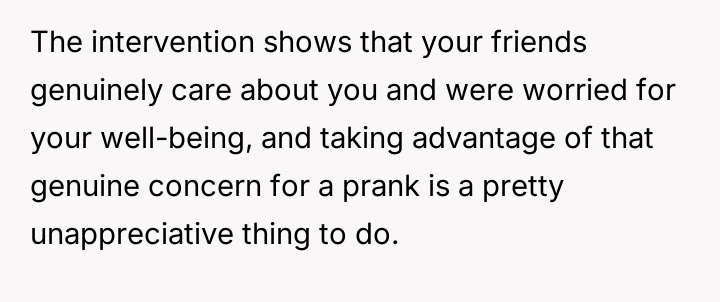






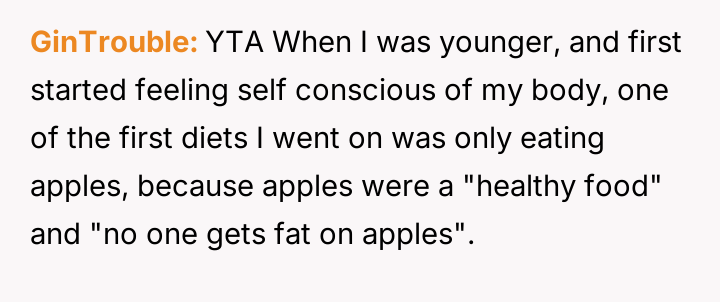
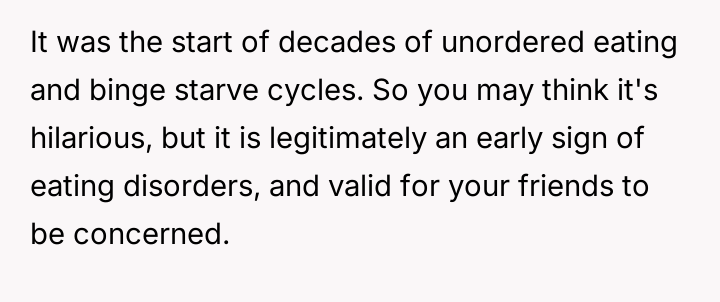


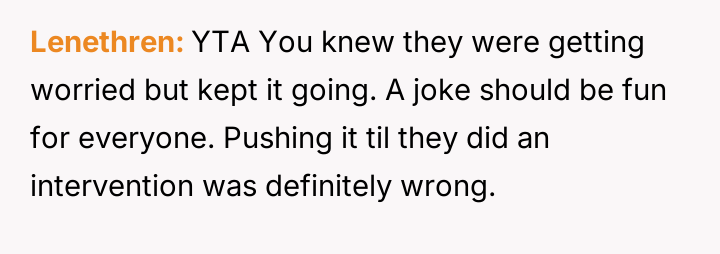




The original poster (OP) feels their commitment to a long-running prank about restrictive eating was solid and that their friends and girlfriend should have appreciated the effort.
The central conflict lies between the OP's desire for a successful, elaborate joke and the genuine concern and eventual distress caused to their social circle, leading to serious relationship consequences.
Given the significant negative reactions, including an intervention and a breakup, the core question is whether the duration and depth of deception involved in a prank justify the emotional investment and distress caused to others, or if a joke loses its value when it damages trust?

